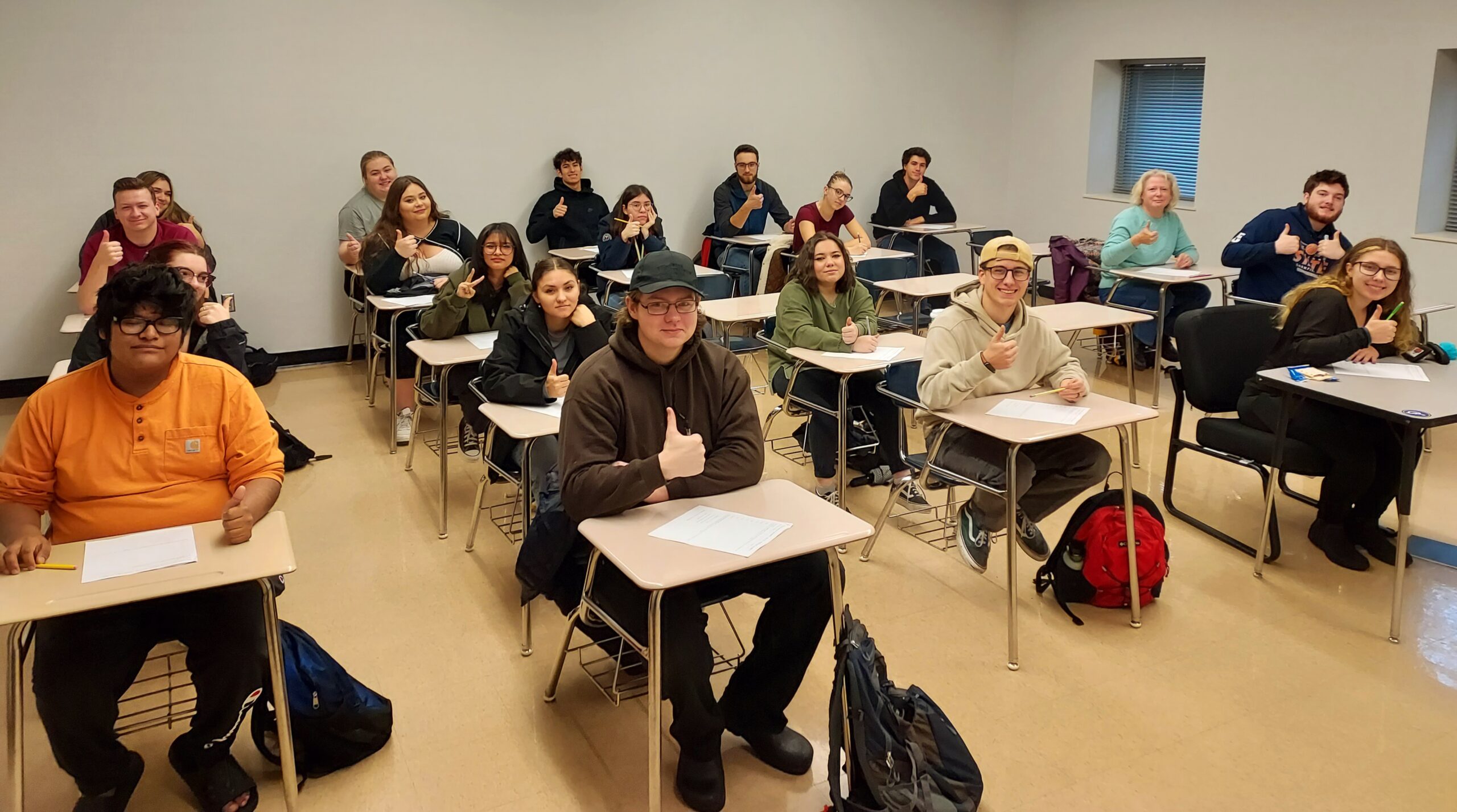General Education Program
Welcome to WOU’s General Education Program site!
Please reach out to the General Education Program via email at gened@wou.edu if you have any questions about General Education!
News & Updates
Welcome to Winter 2025!
Class Highlights
Who We Are
Our Mission
General Education is a crucial component of the learning experience at Western Oregon University, providing students with fundamental skills for lifelong learning. Students apply, communicate, and integrate ideas from a variety of disciplines. They gain abilities to think and act critically as citizens of a complex and ever-changing world. The curriculum empowers students to pursue diverse interests and perform varying roles in their personal, social, and professional lives.
Learning Outcomes:
1. Put into practice different and varied forms of knowledge, inquiry, and expression that frame academic and applied learning. (Intellectual foundations and breadth of exposure)
2. Demonstrate the ability to evaluate information and develop well-reasoned and evidence-based conclusions. (Critical thinking)
3. Articulate the challenges, responsibilities, and privileges of belonging in a complex, diverse, interconnected world. (Citizenship)
4. Integrate knowledge, perspectives, and strategies across disciplines to answer questions and solve problems. (Multidisciplinary learning)
GENERAL EDUCATION CONTACT
E-mail: gened@wou.edu



